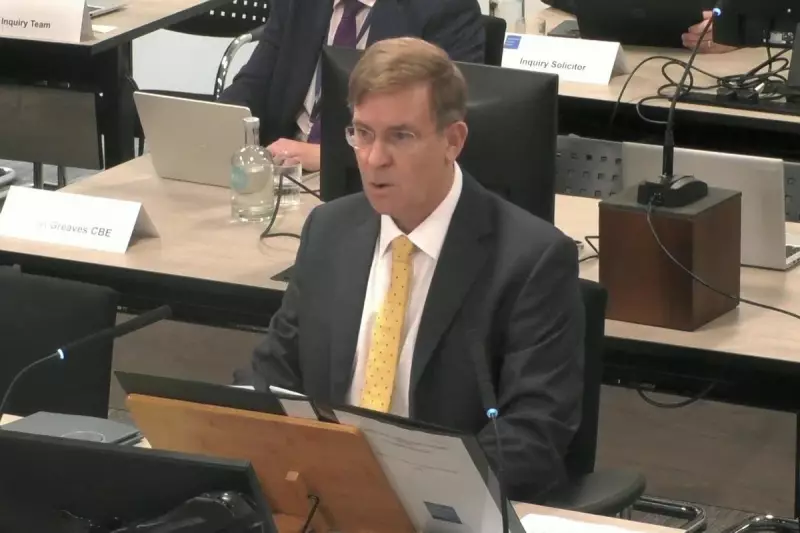
A damning new report has concluded that the Metropolitan Police remains institutionally racist, more than three decades after the racist murder of Stephen Lawrence exposed deep-seated prejudice within Britain's largest police force.
The independent review, commissioned by Home Secretary Theresa May in 2012 following fresh revelations about the original investigation, found that the force continues to fail ethnic minority communities and its own officers from diverse backgrounds.
'Nothing Has Changed' Says Grieving Mother
Doreen Lawrence, Stephen's mother and a prominent campaigner for police reform, delivered a stark assessment following the report's publication. "Nothing has changed," she stated, expressing her profound disappointment at the lack of meaningful progress since her 18-year-old son was brutally killed by a racist gang in Eltham, southeast London, in 1993.
Mrs Lawrence highlighted how the review uncovered evidence of ongoing racist behaviour within the Met, including officers using offensive language and displaying discriminatory attitudes that echo the failures seen during the initial murder investigation.
Systemic Failures Persist
The comprehensive examination revealed multiple areas where institutional racism continues to affect police operations:
- Ethnic minority officers and staff still face discrimination and barriers to career progression
- Stop and search powers continue to be disproportionately used against black people
- Community trust in policing within diverse neighbourhoods remains critically low
- Historical failures to address cultural problems within the force persist
These findings come despite numerous previous reviews and reform initiatives launched in the wake of the Macpherson Report in 1999, which first labelled the Met as institutionally racist following the bungled Lawrence investigation.
Political Response and Calls for Action
The report has triggered fresh calls for radical reform of British policing. Politicians from across the spectrum have acknowledged the findings, with many expressing concern that such fundamental problems remain unresolved after thirty years.
Campaigners are now demanding immediate action to address the cultural and systemic issues within the Metropolitan Police, arguing that further delays in implementing meaningful change are unacceptable.
The findings raise serious questions about the effectiveness of previous reform efforts and whether the political will exists to fundamentally transform policing culture in the capital.





